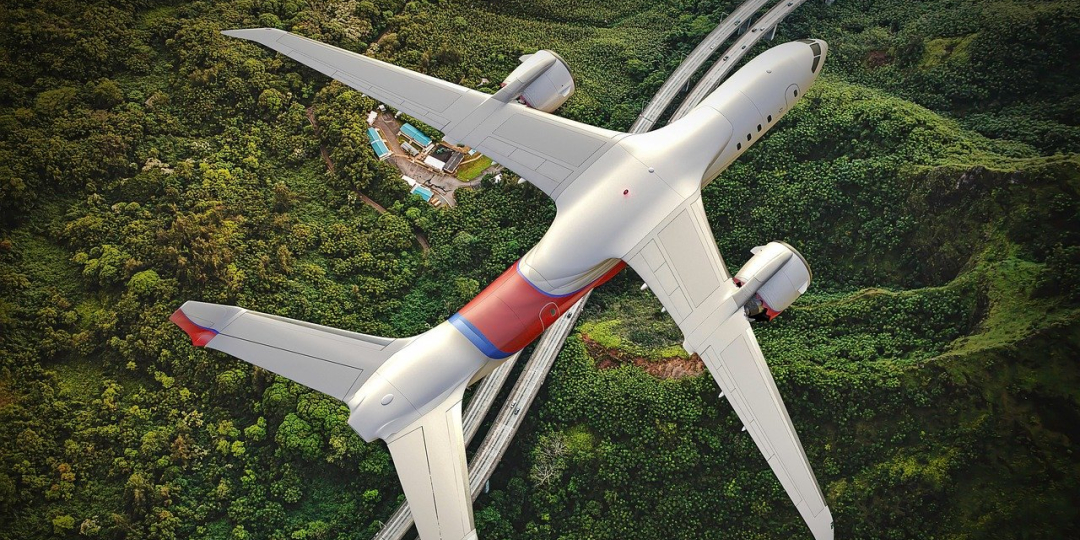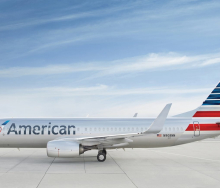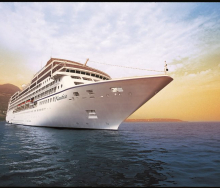In order to run its entire fleet on sustainable alternative fuels (SAFs), Lufthansa would need to consume half of all the electricity that Germany produces, according to the airline’s CEO, Carsten Spohr. Lufthansa has the largest airline fleet in Europe.
Spohr said the SAF production process had not yet been developed on an industrial scale – the fuel was still much more expensive than fossil fuels.
Spohr was speaking at an aviation conference at Lufthansa Technik in Hamburg last Monday.
At the same conference, German energy firm HH2E announced a joint venture with logistics giant DHL and South Africa's Sasol to explore hydrogen-powered SAF production in Germany in order to expand production. Reuters reports that the companies have signed an agreement to set up a joint initiative to build potential production capacities for SAFs based on green hydrogen, or eSAFs, somewhere in eastern Germany. And aircraft manufacturer Airbus was considering joining the consortium too, HH2E said.
The JV partners plan production of at least 200 000 tonnes of SAF per year, with the potential to scale up to 500 000 tonnes per year.
Such a project to produce SAF using hydrogen technology would mitigate the demand for grid-electricity and put aviation carbon-reduction targets more within reach.
At the conference, German Chancellor Olaf Scholz spoke of the importance of expanding SAF production to meet EU climate targets.
He set out Germany's ambitions to become a strategic production centre for sustainable jet fuel, presumably using the hydrogen-powered SAF production outlined by HH2E.
But Spohr said it seemed more realistic to produce synthetic fuel abroad, “where wind or solar energy is available in practically unlimited quantities". He named no specific country or countries.
Sustainable fuel manufacturers say SAFs are likely to remain only a transitional technology. The sector is already planning the next stage of decarbonisation which centres on hydrogen-powered aircraft.
Aircraft manufacturer Airbus is developing technologies that should make it possible to launch the first short-haul hydrogen-powered aircraft in 2035.














